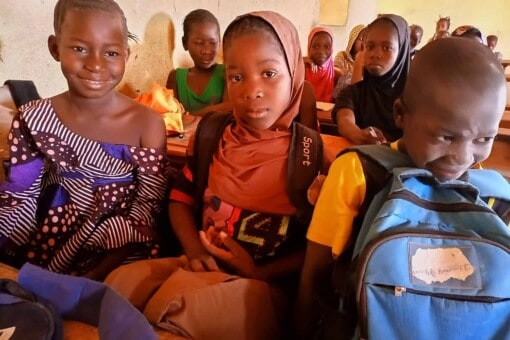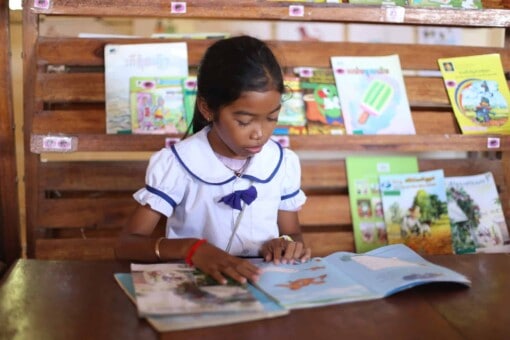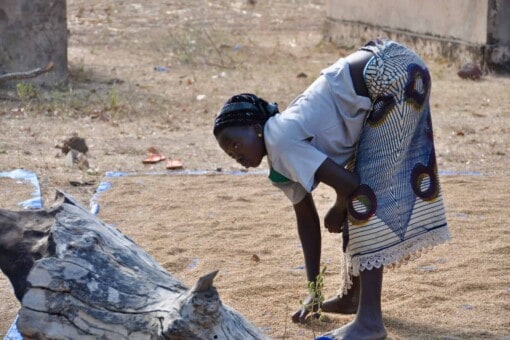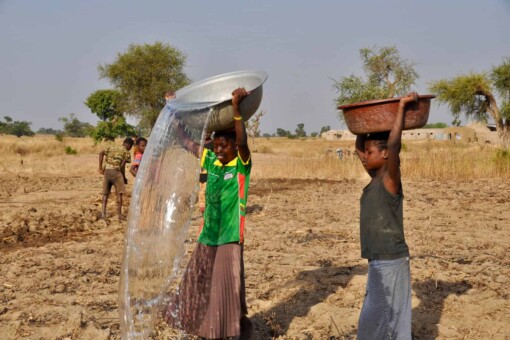The impacts of a
quality education

Without education, no social, health, economic and political progress is possible. Investing in education is therefore essential for the future of the world. For over 40 years, Action Education acts on the ground to promote access to a quality education for all, mainly for vulnerable and marginalised populations.
Quality education reduces poverty
- If all children in low-income countries left school able to read, global poverty would fall by 12 %.1
- If all adults completed secondary education, 420 million people could be lifted out of poverty, reducing the total number of poor people by more than half worldwide.2
- An extra year of school can increase men's income by at least 10 %, women's income by at least 20 %.3
Quality education prevents disease and malnutrition
- Quality education can prevent preventable diseases and improve treatment uptake. A child under the age of five is twice as likely to survive if his or her mother can read and write (UN, 2011).
- Quality education also helps to limit the impact of major pandemics. Women with secondary education are 5 times more likely to be informed about HIV/AIDS than illiterate women.4
- Quality education reduces malnutrition. At school, children are introduced to good hygiene and nutrition practices. The canteen offers a complete and balanced meal.
Quality education promotes the well-being of children
- Access to quality education enables children to develop and flourish.
- Educated children have more confidence in themselves and their abilities.
- They acquire the keys to solve everyday problems and to prepare their future.
Quality education, a key to women's empowerment
- Girls who complete primary education are more likely to find employment and be financially independent.
- Educating girls has prevented more than 30 million deaths of children and under-fives and more than 100 million deaths of adults aged 15 to 60 (The Learning Generation).
- Universal secondary education could virtually end child marriage (Missed opportunities: the high cost of not educating girls, Worldbank, 2018).
If all girls benefit at least 12 years of schooling, the value of human capital wealth could increase from $15 trillion to $30 trillion (Missed opportunities: the high cost of not educating girls, Worldbank, 2018).
Quality education to promote peace
- If the secondary school enrolment rate is above the average of 10%, the risk of war is reduced by almost 3% (World Bank, 2005).
- Education provides a sense of stability and hope for the future and helps to heal the trauma of pandemic, natural disaster and conflict.
Quality education to adapt to climate change
- Achieving universal access to upper secondary education by 2030 would avert 200,000 disaster-related deaths over the next 20 years (Global Education Monitoring Report, UNESCO, 2016).
- Education is an essential means of raising awareness and adapt to climate change. It has the power to encourage changes in attitude and behaviour.
- To effectively accelerate adaptation to climate change, Action Education advocates integrate education for sustainable development and global citizenship into school curricula.






